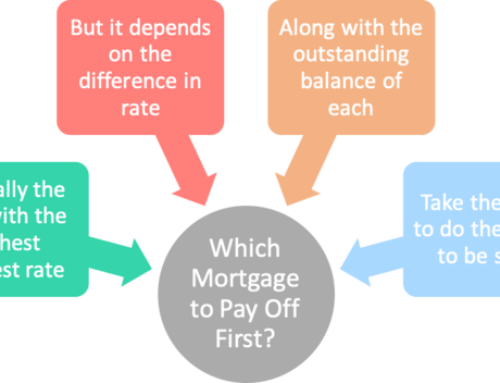Mortgage industry stakeholders may coalesce around the notion that climate risk is a timely issue, but it’s not something that greatly concerns most working in home finance — yet.
Panelists speaking at AmeriCatalyst’s conference “Going to Extremes” Thursday said the impact of extreme weather on the housing market has started to weigh on independent mortgage bankers, but the issue for now is “manageable.”
“Five years ago when we would bring a group of lenders together, climate wasn’t really a concern… but this year if you get a group of lenders together [climate risk] always comes up,” said Mike Fratantoni, chief economist at the Mortgage Bankers Association. “That said, I wouldn’t characterize it as a crisis. I still think it’s manageable, but definitely a top concern.”
From a lender and servicer perspective, Don White, senior managing director and chief risk officer at PennyMac Financial, said climate change is seen as a “priceable and manageable risk.”
“If the insurance industry were to collapse it would become much more of a crisis for lenders…but as of right now, it seems like it’s managed,” he said.
White added that equity investors have started inquiring as to how PennyMac is managing climate risk, but the line of questioning thus far has not been serious.
“We’ll occasionally get a question on it. We have been taking steps to quantify and clarify this risk and they seem satisfied with that answer,” the PennyMac executive said. “They don’t dig deeper, they just want to know that we’re paying attention.”
Sam Khater, chief economist at Freddie Mac, also said the impact of extreme weather events on the housing industry is an “urgent, but manageable risk.”
“I think of it as a nonlinear out of equilibrium phenomenon,” he said. “This is why we have to get out in front of it, but I think we do have the tools to manage it, we just need to keep pushing.”
Not all panelists agreed.
Ted Tozer, former president at Ginnie Mae, said this is “the beginning of an issue that’s going to continue to get more dramatic and have implications that could be far reaching through the mortgage industry from servicers to lenders to investors…it will all come home to roost.”
Out of all extreme weather patterns, almost all of the six panelists, which also included former Director of the Federal Housing Finance Agency Mark Calabria, expressed worry over how drought may impact the housing market.
“We need to talk a lot more about places that don’t have enough water, about drought risk,” said Khater. “Some of the climate research suggests this is the biggest danger because that influences productivity and fertility of the land.”
PennyMac’s White agreed, noting the difficulty of figuring out how a drought will affect a certain area. “If we have a ten year drought in California, it’s really hard to model what that’s going to look like in terms of home prices and the economy in general,” White said. “I’ll trade the acute risk for the chronic risk any day.”

